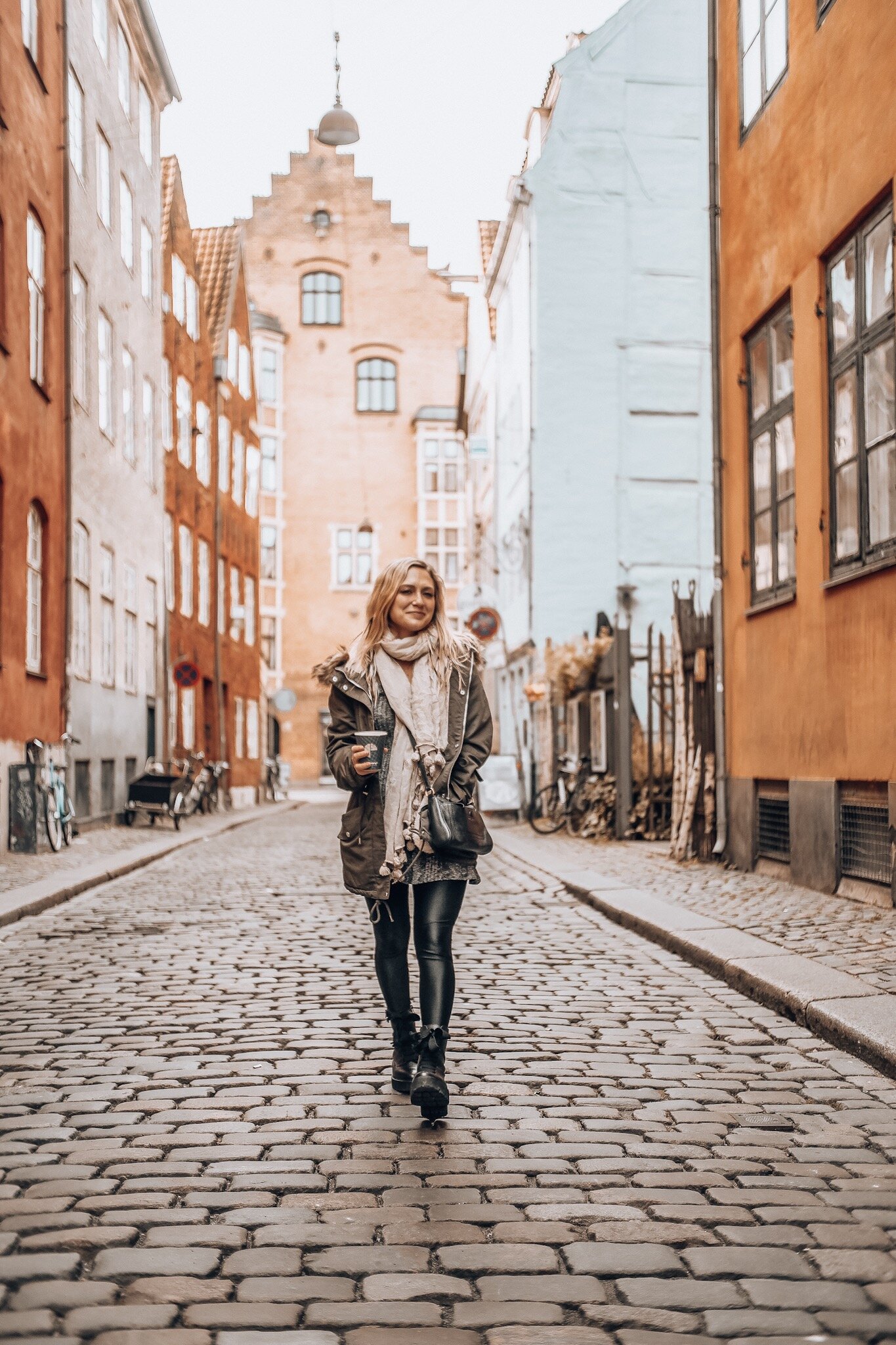Tips for Sustainable Tourism in Big Cities
It’s not a mystery that large, lively cities are by far the most popular touristic destinations for people around the globe. However, when you think of sustainable tourism, big, crowded cities are most likely not the ideal destination that comes to mind. But what if you could go on a city break, while still making sure you are mindful of the environment and the local communities?
Below, you can read some useful trips to help plan out your ideal city break, while keeping your carbon footprint as low as possible.
#1 Avoid overcrowded cities
Some of the most famous travel destinations (Paris, Barcelona, Prague) are also some of the most overcrowded cities in the world. When looking for a new holiday idea, it’s good to research locations and ask yourself: will this city benefit from me visiting? Chances are, in a big city struggling with overtourism, your presence will only add to the problem.
Don’t fall into the trap of thinking you must go someplace famous to have an enjoyable holiday. Due to successful marketing and worldwide fame, of course we all want to visit these big cities, but before buying your tickets, sit back and think: why do you want to go there specifically? Is it the historical buildings, or its proximity to the beach and ocean? If you looked carefully, you might discover smaller cities nearby, just as beautiful, which fulfil all your needs and might actually benefit from more tourists.
However, don’t let that discourage you from visiting your favourite places. If you have a certain destination in mind already, look for scheduling trips off season: a lot of cities survive off of tourism, leaving them struggling once the season is over. Not only that, but you will also be able to enjoy all the beautiful places without the large crowds and tourist traps!
#2 Pack lightly
When preparing for a trip, we all love to be ready for all possible scenarios, but consider this: do you really need all those shoes and clothes with you? In the case of planes, the bigger and heavier the luggage, the more fuel it needs, which in turn adds more to the pollution of air and the environment.
Make sure you only pack the strictly necessary items, and this way you can also feel less stressed about keeping track of your items, while being a responsible traveller.
#3 Consider cities within close distance
Out of all means of transportation, planes are by far some of the most polluting ones, so trying to find closer destinations makes for more sustainable travel. Using trains or coaches can be a great experience, as it allows you to admire the scenery on the road. Not only that, but who knows what hidden gems you may find near you? Surely if your destination is far enough, flying might be the only option, but for more sustainable traveling, it’s best to avoid it if the travel distance is less than 500km.
#4 Choose bikes or public transport
Once you’ve arrived at your destination, it’s time to make some memories! Moving around a new, unknown place is scary, and many people would rather choose cabs or rental cars to travel from place to place, but these only add to the city’s pollution levels and traffic. Using public transport will allow you to explore more of the city and interact with the community, while also being eco-friendly.
A lot of big cities nowadays have also implemented bike rental systems, and you can find designated spaces where bikes are parked. All you need is an app in order to rent them, and you might even be able to rent for a whole day as opposed to a few hours. Biking around the city can be relaxing, good for your health and helps reduce traffic in overcrowded areas.
Even more, don’t be afraid to wander around the city walking! Walking is not only beneficial to your body but by walking around the city, you get to immerse yourself in the culture, the community, and make you feel way more than simply a tourist.
#5 Use a refillable water bottle
During a day walk around the city, it’s important to stay hydrated. Instead of buying plastic bottles, consider carrying a refillable water bottle. Reusable products are always a great idea for sustainable travelling, as it helps you keep as low of a carbon footprint as possible.
If you do buy any bottled or packaged products, always make sure to throw them in their designated bins and avoid littering at all costs.
#6 Visit historical heritage sites
Sustainable travel is not just about being environmentally friendly, it is also about improving the communities you visit. Historical heritage sites are some of the places most full of culture and history, and also help develop local communities through education and creation of jobs.
Next time you’re on holiday, consider steering away from the commercial areas of the city and instead heading towards the cultural, historical side of it.
#7 Pay attention to the souvenirs you buy
Everyone loves buying little keepsakes to remind them of their amazing holiday, but not everybody pays attention to what they purchase. Always make sure to buy locally made, traditional souvenirs rather than the same cheap, mass-produced magnets you can find anywhere. All those mass-produced souvenirs are usually imported from countries which rely on human labour to produce them, which is highly unethical. Not only that, but locally made items feel more personal, more traditional and will make for great stories to tell people back home.
Sustainable travel should always make sure to protect local fauna and flora and be mindful of the environment, even when it comes to souvenirs. That is why you should always make sure to steer away from any items containing animal parts such as crocodile skin, fur, ivory – these are usually made through endangered animal hunting. Not only is it illegal but it also hurts the ecosystem, so you should avoid it at all costs.
#8 Avoid hotel chains
I know, it’s easy to plan a trip and simply choose that international hotel chain whose name you recognize. However, that doesn’t always mean making the best choices for a sustainable trip in a big city.
It is always good to research accommodation well before making a decision: look for hotels that implement green initiatives, such as using recycled items, using less energy and so on, to minimize their effect on the environment. Stay away from those hotel chains that offer small shampoo bottles for free: those will get thrown away which makes for wasteful consumption.
If possible, instead of planning for short trips in multiple places, plan a longer trip in the same place: hotels save up energy and water from not having to wash sheets and prepare the room for the next guests.
#9 Head to parks and green areas
Parks and green areas are such essential parts of touristic urban areas, as they provide so many things the crowded city streets don’t: cleaner air, a calming atmosphere, beautiful scenery. Parks and green areas are the ones that successfully preserve the local ecosystems, so by going there you also support this initiative.
Not a lot of tourists make these green places a priority, instead opting for other types of entertainment that might not be as sustainable as they think. A big offender of this are the infamous zoos and so-called animal sanctuaries: these do not help to preserve local fauna and flora, and use caged, isolated animals for profit, so you should think twice before deciding to support these businesses.
#10 Eat locally
It is very easy to choose a chain restaurant or fancy diner during our holiday, especially in a big city where the shiniest neon entrance signs are always fighting for our attention. More often than not, these chain restaurants are wasteful with their food and energy consumption, and as a big corporation, they do not help the local community develop.
If you are looking for ways to be a more responsible traveller, you should opt for local diners, bistros or cafes, where you get to try the country or city’s traditional foods and get a better taste of the culture and its different facets. The money you spend in such places goes directly into the local community, and you can be sure they don’t waste as much food as the bigger chains.
When eating locally, you should consider eating seasonal foods and products made locally, as they are made and procured through more environmentally friendly ways. If you are feeling like going a step further, you could also consider going meat-free during your holiday: not only you might get to try out dishes you never thought about before, but you are also helping by not supporting the unethical mass animal farming, which is also a great polluter of the environment.
#11 Learn about local culture and habits
Since holidays are all about immersing yourself in a completely new culture, why not also learn about local customs and culture? You get to appreciate the city and its people way more this way, and you can also make sure you are being mindful and respectful of their customs.
For example, In Japan it is considered very rude to talk on the phone while on the train, and it is also an unspoken social rule to not eat out in public. Learning these bits and pieces of local culture help you blend in more with the locals, and also help you be more respectful of the community.
With the right amount of research and mindfulness, even big cities can be great destinations for sustainable travel. Being a responsible traveller doesn’t mean giving up your comfort either. If anything, it can enrich your experience and make you appreciate the amazing cities and communities around the world even more.








